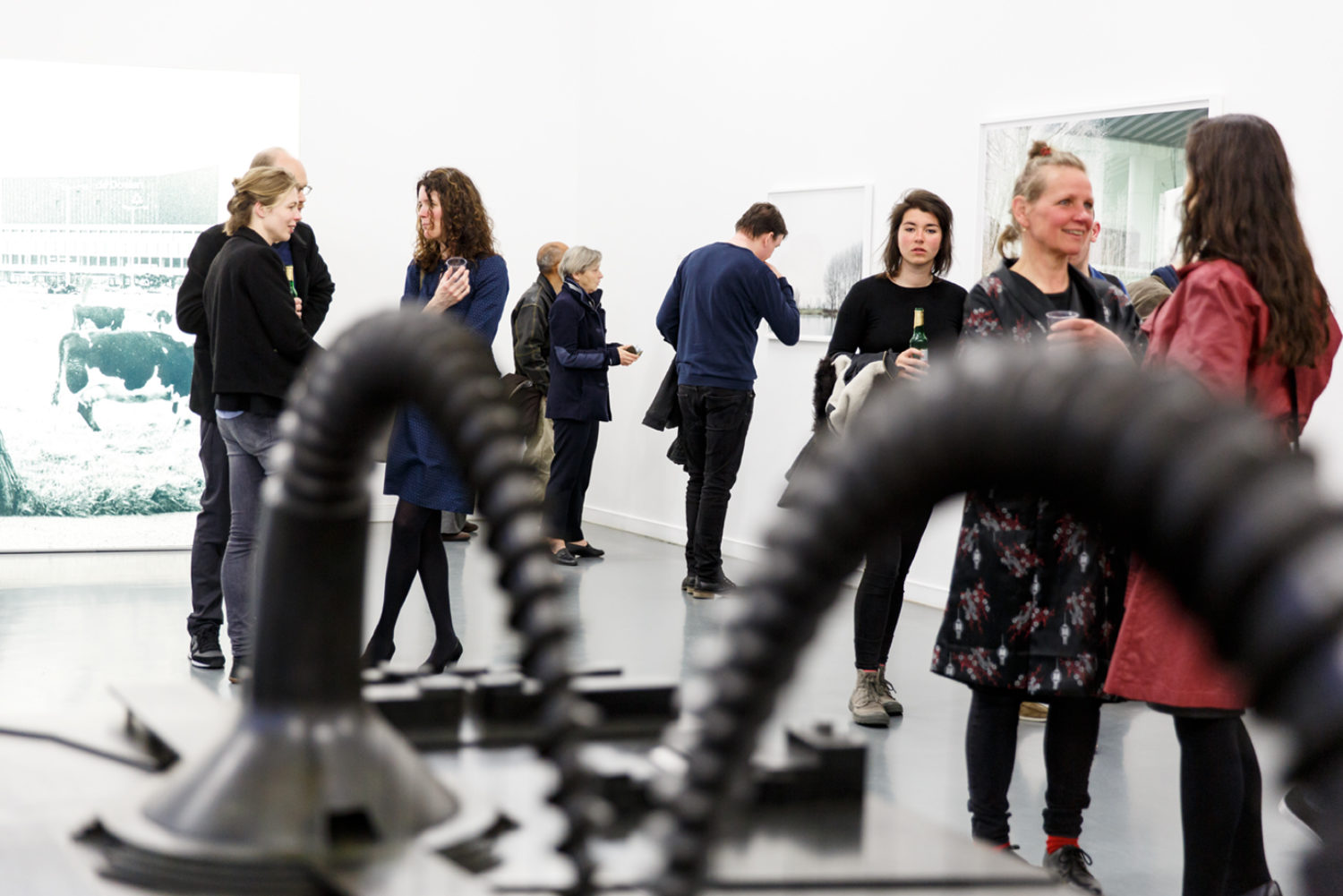Rawness seems hardwired into Rotterdam’s DNA. But how do we define the rawness of the urban? Tonight, we address the worker’s directness, the magic of empty spaces, and the freedom of spirit; looking at what rawness means for Rotterdam. Curator Christine de Baan leads this evening in which Joep van Lieshout talks about the AVL-Ville free state, Wim Gijzen discusses the importance of green in the city, and the designer Richard Hutten shares his solutions for a sustainable Rotterdam.
Three evenings in the context of Utopian Dreams
Over three evenings, TENT explores cutting edge topics current to the city of Rotterdam. Artists, opinion formers, and thinkers reflect on the key issues for the future of the city. The events are on Thursday 12 May (Raw Rotterdam), Wednesday 1 June (Rotterdam and The River), and Wednesday June 22 (Super Diverse Rotterdam) at 20:00 in TENT Rotterdam. The evenings are organised in collaboration with AIR (Architecture Institute in Rotterdam) and Rotterdam Viert de Stad!
Spoken language: English
About the participants
Researcher, curator, and expert on art and architecture, Christine de Baan works at the cutting edge of architecture and design. Previously, De Baan was programme director for the Department of Design (DoD) in Cape Town (2014), programme director of the international design programme Dutch Design Fashion Architecture, head of programming for the International Architecture Biennale Rotterdam, and organiser of the Dutch Design Prize.
Wim Gijzen (1941) is a pioneer of post-war video art. His work includes film, photography, and paintings. From 1980 to 2003, Gijzen taught at Rotterdam’s Willem de Kooning Academy where he was head of the Fine Art department. In 1969, Gijzen proposed transforming the Schouwburgplein into a green meadow, complete with cows, willows, and a ditch. The design never got beyond the drawing board. However, the photomontage of a cow pasture in the heart of Rotterdam took on a life of its own.
Joep van Lieshout (1963) is an artist, visionary, and entrepreneur. In 1995, he founded Atelier Van Lieshout (AVL). This Rotterdam studio and workshop employs about twenty artists and designers, led by Van Lieshout, to work on assignments and autonomous works. In April 2001, in Rotterdam’s neglected Vierhaven area, Atelier Van Lieshout established AVL-Ville – a free state with its own constitution, flag, currency, and community. In this community, visitors, residents, and artists were invited to live and work self-sufficiently. After several successful but turbulent months, the free state had to close its doors by order of the municipality.
Internationally recognised for his iconic designs of chairs, tables, lamps, accessories, and objects, Richard Hutten (1967) is one of the Netherland’s most prominent designers. In 1991, he graduated from the Design Academy in Eindhoven and began his design studio in Rotterdam in the same year. For Utopian Dreams, Hutten’s grand gesture is to decorate the city’s future skyline with a series of low-tech windmills that adorn its roofs.
Since the late seventies, Reyn van der Lugt (1949) has organised art and architecture events, such as Architecture International Rotterdam and Rotterdam ‘88/The City as a Stage, in which prominent Dutch and international artists and architects participated. Subsequently, the worlds of art and architecture focused on Rotterdam, and the city became the focus of debates about post-war architecture and art. Among his many influential roles, Van der Lugt was deputy director of the Rotterdam Arts Foundation, a cultural attaché in New York, and director of the Groninger Museum.
Patrick van der Klooster is, since 2005, the director of the Architecture Institute Rotterdam (Foundation AIR). He worked as the secretary for the commissions Architecture & Urban Planning and Monuments & Archaeology at the Council for Culture. He is also board vice chairman for the Prince Bernhard Cultuurfonds Zuid-Holland.
Annemieke Fontein is the head of Landscape Architecture at the Municipality of Rotterdam, where, among other things, she is responsible for the redevelopment of Zuiderpark. She also leads several studies, which recently include (from late 2015) Korte Ketens Arjen Monterey and participated in the Urban Agriculture Think Tank
Ferrie Weeda studied History and Dutch. He was born in Coolhaven – still his domain. He writes for Vers Beton and is also a guide and a presenter.
Romana Vrede is an actress and theatre maker associated with the Onafhankelijk Toneel (OT). She has performed at Compagnie Dakar, Bogaerdt/VanderSchoot, Bonheur, Theater Artemis, and Theatre Company NNT. Vrede also directs and teaches at ArtEZ Arnhem drama school and was a guest lecturer at the Amsterdam University of the Arts. In 2016, she joined the ensemble of the National Theatre under the artistic direction of Eric de Vroedt.
